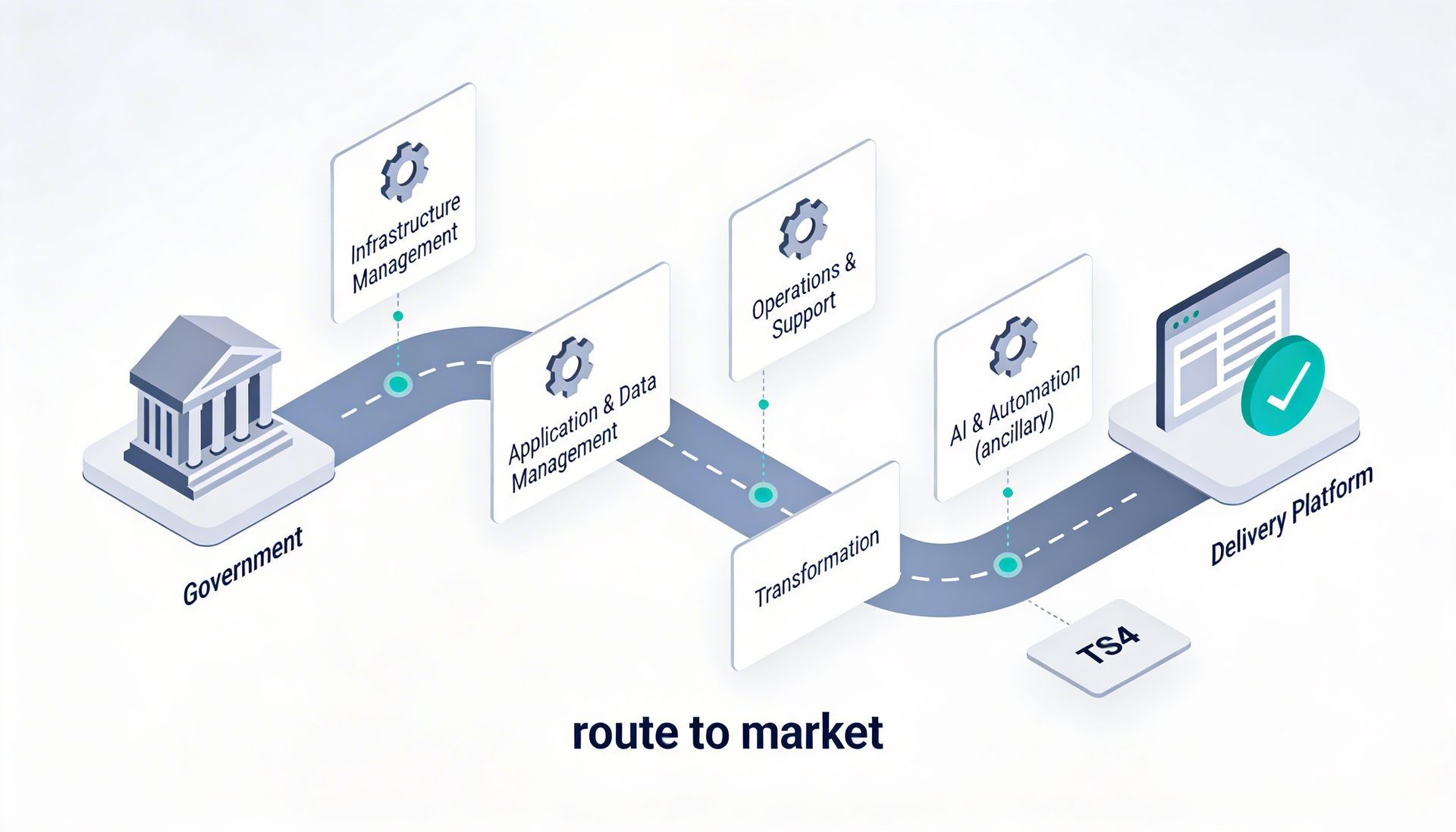De-Risking Your Cloud Migration: A Comprehensive Guide
Cloud migration is no longer optional for many organisations—it's essential. However, with an estimated 72% of global organisations operating in hybrid environments, the journey to the cloud can be complex and risky. Here's your comprehensive guide to ensuring a successful cloud migration.

Understanding the Stakes
Before diving into solutions, it's crucial to understand what's at risk. While cloud migration often promises cost savings, the reality can be more complicated. Performance issues, escalating costs, and potential data loss can quickly transform a promising migration into a challenging situation that affects productivity, employee morale, and ultimately, your bottom line.
Your 10-Step Guide to Success
1. Thorough Planning is Non-Negotiable
Success begins with meticulous planning. This isn't just about project management—it's about understanding your workloads, determining their optimal destination, and ensuring alignment with your business strategy. Start with a comprehensive assessment of your current systems, business priorities, and future vision.
2. Backup and Integration Strategy
Whether you're moving to private or public cloud, proper backup capabilities are crucial. Consider:
- Implementing appropriate replication tools
- Testing recovery procedures thoroughly
- Taking a phased approach, starting with a development environment
- Ensuring smooth integration between applications to maintain operational efficiency
3. Security First, Always
With security remaining a top concern for 75% of organisations, it's vital to:
- Monitor for potential risks during the migration process
- Understand that security solutions don't always transfer directly to the cloud
- Consider new tooling and approaches specific to cloud environments
- Clear understanding of shared responsibility models
4. Skills and Expertise Matter
Don't underestimate the importance of having the right expertise. In-house teams familiar with on-premises operations may need support when moving to cloud environments. Consider partnering with experts who can:
- Guide you through the transformation
- Share knowledge with internal teams
- Help develop in-house capabilities
5. Workload-First Approach
Your workloads should dictate your cloud strategy, not vice versa. Consider:
- Whether private cloud might be better for running existing infrastructure
- If public cloud would better serve transformation goals
- The potential benefits of a hybrid approach
6. Choose Your Partners Wisely
For most organisations, particularly SMEs, working with a Managed Service Provider (MSP) is crucial. Look for:
- Vendor-neutral partners
- Proven migration processes
- Strong client references—speak to multiple existing clients
- Deep technical expertise in your chosen platforms
7. Plan for Ongoing Support
The cloud landscape evolves rapidly. Ensure your strategy includes:
- Dedicated support teams
- Platform-specific support packages
- Automated tooling for maintaining best practices
- Regular service reviews
8. Regular Reviews and Audits
Your cloud setup should evolve with your business. Watch for signs that an audit is needed:
- Escalating operational expenses
- Performance issues affecting business operations
- Limitations on growth or new service launches
- Emerging security threats
9. Consider Data Repatriation
Interesting research shows 76% of IT leaders plan to bring data back on-premises in the next three years. Whether for cost, compliance, or control reasons, ensure you:
- Maintain flexibility in your cloud strategy
- Work with partners who understand your industry
- Apply the same rigorous planning to repatriation as migration
10. Understand True Costs
Cost management is crucial. Ensure you:
- Get comprehensive quotes covering all necessary resources
- Understand potential hidden costs
- Plan for scaling costs as your needs grow
- Regular cost optimisation reviews
The Path Forward
Cloud migration doesn't have to be risky. With proper planning, the right partners, and a clear strategy, organisations can successfully navigate the journey to the cloud while minimising risks and maximising benefits.
Remember: the key to success lies not just in the technical execution but in maintaining a clear vision of your business objectives throughout the migration process. Whether you're just starting your cloud journey or looking to optimise your existing cloud infrastructure, these principles will help guide you toward success.
Ready to Start Your Cloud Journey?
Don't let the complexity of cloud migration hold your organisation back. At Altiatech, we've helped countless businesses successfully navigate their journey to the cloud since 2013. Our team of certified experts specialises in crafting tailored migration strategies that align with your business objectives while minimising risks.
Take the First Step Today
Book a free consultation with our cloud migration experts to:
- Assess your current infrastructure
- Identify the best cloud strategy for your needs
- Get a clear roadmap for your migration journey
- Understand the true costs and potential ROI
Contact us at +44 (0)330 332 5482 or email
innovate@altiatech.com to start your cloud transformation journey. Let's work together to unlock your organisation's full potential in the cloud.
Ready to move from ideas to delivery?
Whether you’re planning a cloud change, security uplift, cost governance initiative or a digital delivery programme, we can help you shape the scope and the right route to market.
Email:
innovate@altiatech.com or call
0330 332 5842 (Mon–Fri, 9am–5:30pm).
Main contact page: https://www.altiatech.com/contact













